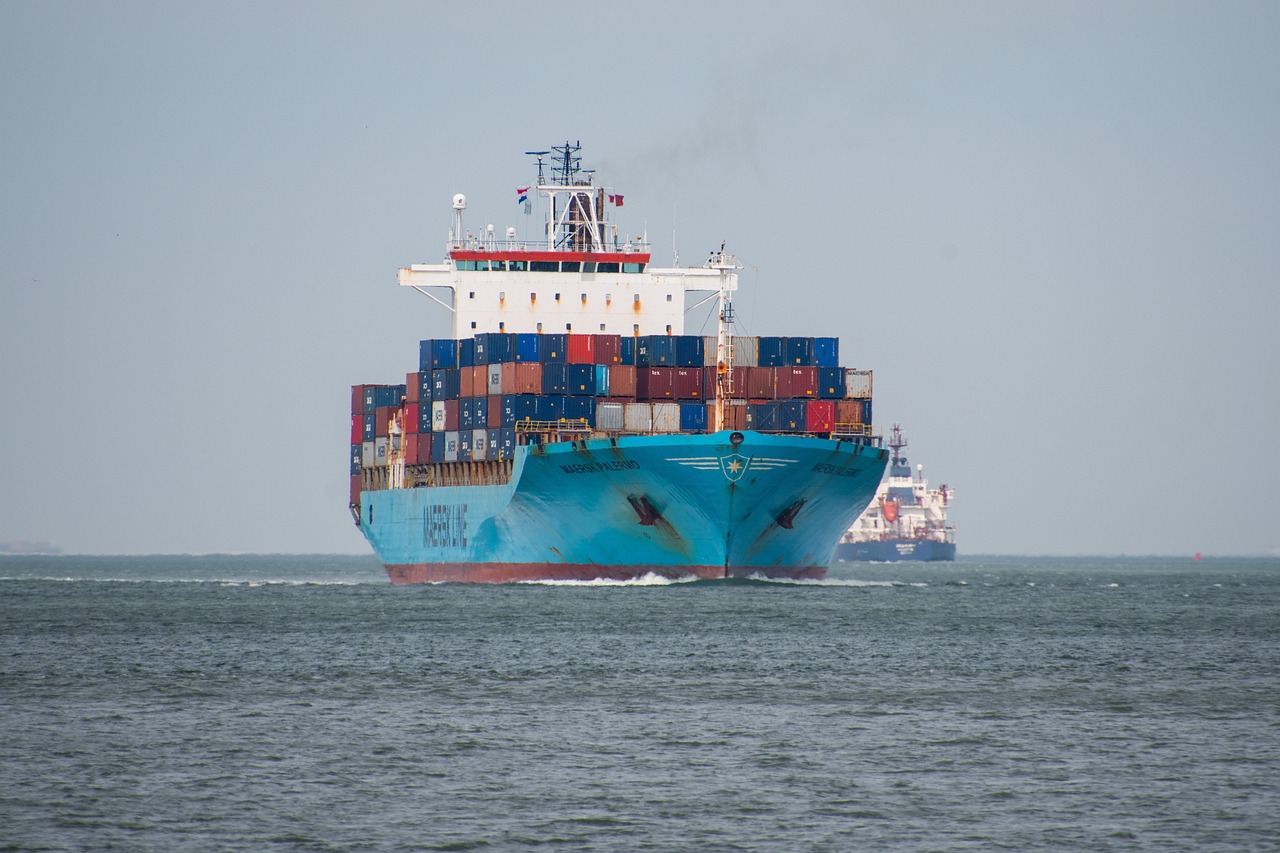
I. What qualification certificates are required for the import and export of fruit juice?
According to the "Measures for the Administration of Import and Export Food" issued by the General Administration of Customs in 2023, juice products shall be required to have:
- Manufacturer Qualifications
- Exporting Country Health Registration Certificate (e.g., US FDA Certification)
- ISO22000/HACCP System Certification
- Trade documents
- Certificate of Origin (indicating juice concentration)
- Component Test Report (with key標(biāo)注 of sugar and preservative contents)
- Phytosanitary Certificate (required for concentrated fruit juice)
II. What are the changes in juice tariff policies in 2025?
Take China's imported orange juice as an example:
- The general tax rate will be reduced from 14% to 12% (effective January 2025)
- The tariff rate under the ASEAN Free Trade Agreement remains 0%.
- Add preferential tax rates for 6 countries including Brazil and South Africa
It is recommended to give priority to origins that have signed free trade agreements with China. For example, Thai coconut juice can enjoy zero tariff.
III. What are the most common issues that arise during customs clearance for fruit juice?
Based on the 800+ cases we have handled, the main risk points include:
- Document Category
- HS code classification errors (commonly confusing beverages with fruit juices)
- The expiration date labeling does not comply with the format of the importing country.
- Physical Products Category
- The packaging is not labeled with the words "non-reconstituted juice"
- Fermentation and deterioration caused by substandard transportation temperature
Fourth, what pain points can professional agency companies solve?
Illustrated by a case of importing mango pulp of a certain brand:
- Full-process cold chain monitoring (-18℃ to -25℃)
- 3-day completion of rapid microbial detection
- 規(guī)避巴西反傾銷稅(通過轉(zhuǎn)口貿(mào)易) Avoiding Brazilian Anti-Dumping Duties (through Entrep?t Trade)
- Customized logistics solutions save 12% on freight costs
V. Should sea freight or air freight be chosen for juice transportation?
It is recommended to choose according to product characteristics:
- Concentrated Juice/Puree
- Recommended: 20-foot refrigerated container for sea transportation
- The cost is 60-80% lower than air freight.
- NFC Freshly Squeezed Juice
- Air freight + vacuum packaging must be adopted
- 建議采購真空絕熱板(VIP)箱體 It is recommended to purchase vacuum insulated panel (VIP) boxes
Six, how to choose a reliable way to enterExport agent?
Examine four core dimensions:
- Whether it has obtained the AEO Advanced Certification for food category
- Do you have self-operated operations at major ports?customs clearanceTeam
- Can you provide a full traceability system?
- Whether to insure cargo insurance (insured amount is recommended to be ≥ 150% of the cargo value)
VII. What are the special requirements for juice packaging?
Take the EU market as an example:
- Must use food-grade PET or HDPE materials
- Fruit juices with acidity ≥ 2% shall be labeled with a corrosive warning.
- Products containing pulp should indicate that sediment is a normal phenomenon.
- Halal certified products must be individually packaged
VIII. How should the agency service fee be calculated reasonably?
Regular charging models include:
- Basic Service Packages(0.8-12,000 yuan per container) including customs declaration, inspection declaration, and documentation
- Value Added Services
- Express Customs Clearance: 2000 yuan/workday
- Label Rectification: Charged by Character Count (¥0.5 per Character)
- Contingency Fee Model (Sharing Based on Tax Savings)


 Follow Customer Service WeChat
Follow Customer Service WeChat